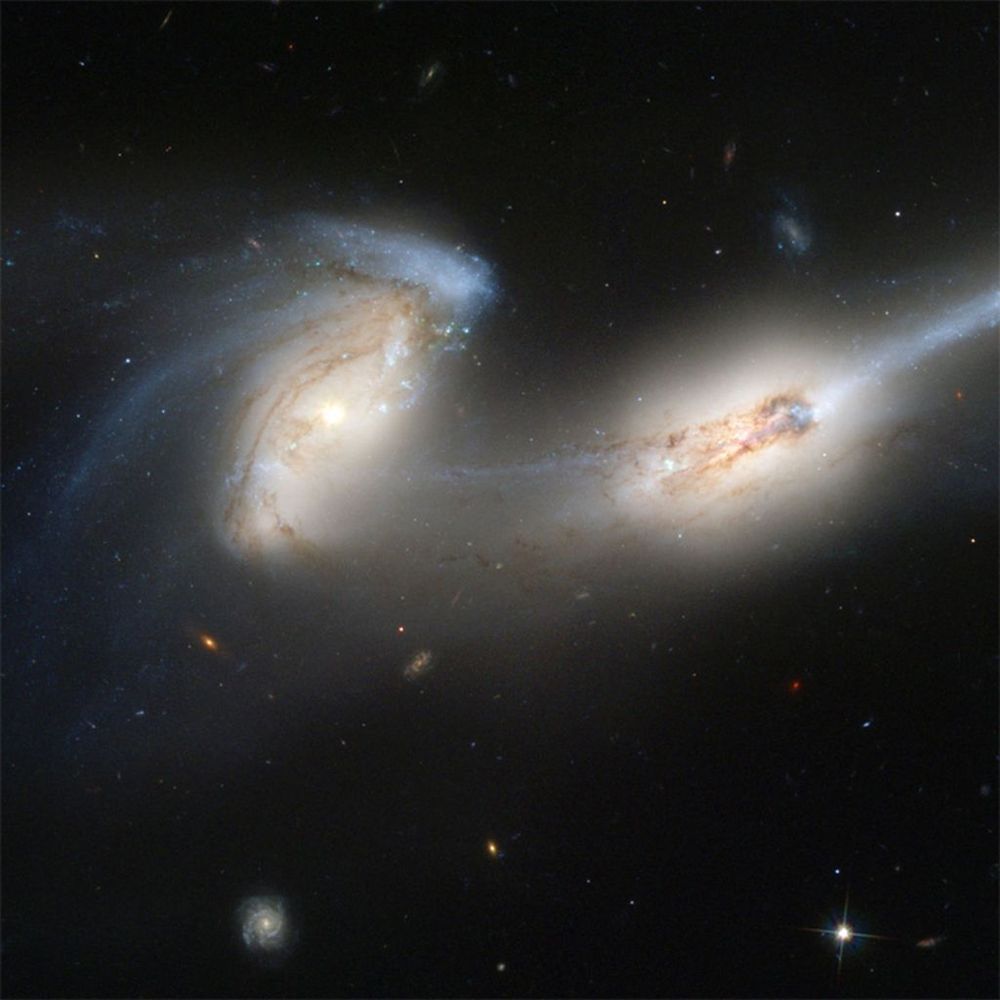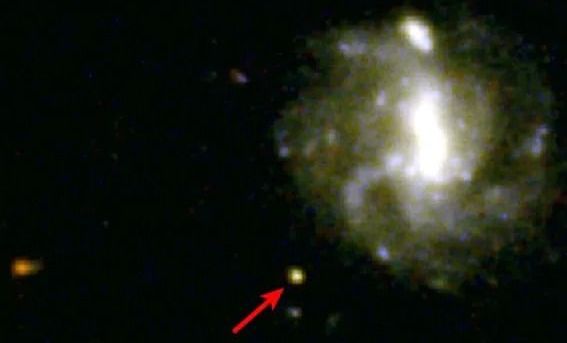Caltech’s Katherine L. (Katie) Bouman has been named a recipient of the 2020 Breakthrough Prize for Fundamental Physics as part of the Event Horizon Telescope (EHT) team that generated the first-ever image of a black hole, while Xie Chen and Xinwen Zhu have each received 2020 New Horizons prizes from the same foundation for their work in physics and mathematics, respectively.
The Breakthrough Prize, now in its eighth year, is considered the world’s most generous science prize. Each Breakthrough Prize is $3 million and the 347 authors of the six EHT papers will divide the award.
“I was stunned and absolutely thrilled to hear the news,” says Bouman, assistant professor of computing and mathematical sciences and Rosenberg Scholar in Caltech’s Division of Engineering and Applied Science. “I’m so lucky to work with an amazingly talented group of individuals that continues to push the boundaries of science every day. It is such a privilege and an honor to share this award with each one of them.”









